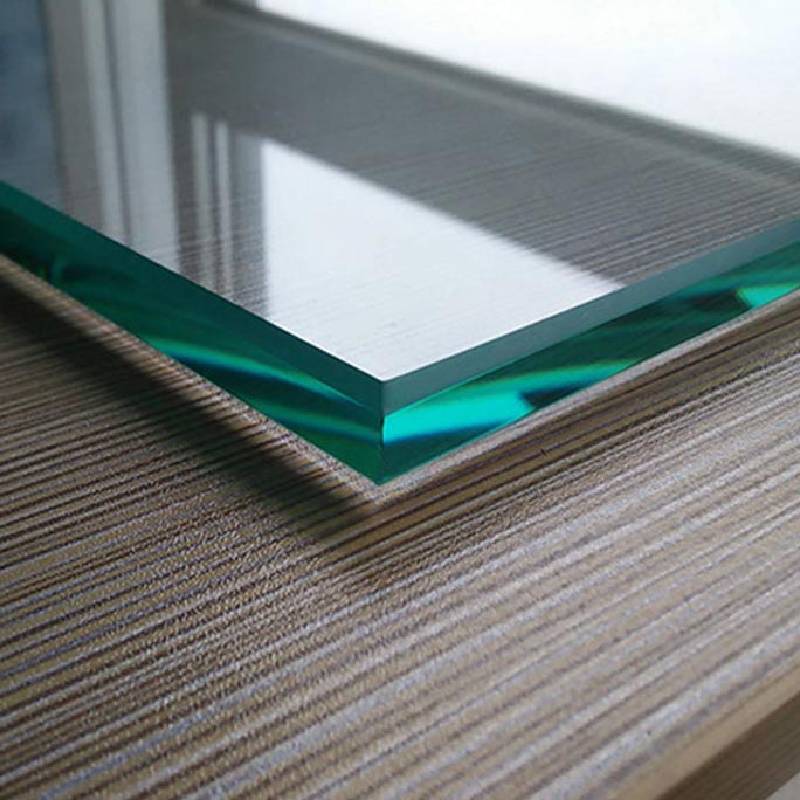

The Advantages and Applications of Aluminum Alloy Mirrors
Aluminum alloy mirrors have become increasingly prevalent in various industries and applications, thanks to their unique properties and benefits. The following discussion explores what aluminum alloy mirrors are, their advantages, and the diverse fields in which they are used.
Understanding Aluminum Alloy Mirrors
Aluminum alloy mirrors are reflective surfaces made from aluminum, which is often combined with other metallic elements to enhance certain properties. These mirrors are manufactured through a process called vacuum deposition, where a thin layer of aluminum is applied to a substrate, producing a highly reflective surface. The aluminum is then often treated or coated to improve durability, enhance reflectivity, and prevent oxidation.
Advantages of Aluminum Alloy Mirrors
1. Lightweight One of the primary advantages of aluminum alloy mirrors is their lightweight nature. Aluminum alloys are significantly lighter than traditional glass mirrors, making them easier to handle, transport, and install. This characteristic is particularly beneficial in applications where weight is a critical factor, such as in aerospace and automotive industries.
2. Durability and Strength Aluminum alloys offer remarkable strength and durability. They resist chipping, breaking, and deformation under stress, which is a significant advantage over glass mirrors. This toughness makes aluminum alloy mirrors suitable for high-traffic areas or environments where impacts are likely.
3. Corrosion Resistance Another critical advantage is their resistance to corrosion. Aluminum naturally forms a protective oxide layer when exposed to air, which helps prevent rust and other forms of degradation. In environments where mirrors are likely to be exposed to moisture, such as in bathrooms or outdoor settings, aluminum alloy mirrors can outperform traditional glass mirrors.
4. Reflectivity Aluminum has excellent reflective properties, allowing it to reflect up to 90% of light. This high reflectivity makes aluminum alloy mirrors ideal for various optical applications, enhancing visibility and brightness in both commercial and residential settings.
5. Versatility Aluminum alloy mirrors can be tailored to meet specific requirements. They can be produced in various shapes, sizes, and finishes, making them suitable for diverse applications ranging from simple decorative mirrors to complex optical instruments.

Applications of Aluminum Alloy Mirrors
1. Aerospace In the aerospace industry, aluminum alloy mirrors are used in satellite systems, reflectors, and telescope components. Their lightweight and durable nature allows for the construction of sophisticated instruments that need to operate in harsh conditions while minimizing weight.
2. Automotive In the automotive sector, these mirrors can be found in rearview and side mirrors. Their strength and reflectivity contribute to safety and functional design while reducing the overall weight of the vehicle, which can improve fuel efficiency.
3. Architecture and Interior Design Aluminum alloy mirrors are increasingly used in modern architecture. They can create stunning visual effects, making spaces appear larger and brighter. They are also utilized in decorative applications, from feature walls to functional elements in furniture design.
4. Telecommunications In the field of telecommunications, aluminum alloy mirrors are used in laser systems and optical fibers. High reflectivity and lightweight properties facilitate efficient signal transmission and reception.
5. Industrial Applications Industries often utilize aluminum alloy mirrors in machinery and equipment for improved visibility and safety. Conveyor systems, inspection stations, and safety equipment benefit from the durability and clarity these mirrors provide.
6. Safety and Security Aluminum alloy mirrors are used in safety inspections and surveillance systems. Their shatter-resistant properties make them an excellent choice for environments where traditional mirrors may pose a risk.
Conclusion
Aluminum alloy mirrors present a range of benefits that make them a valuable choice in numerous applications. Their lightweight, durable, and corrosion-resistant properties, coupled with high reflectivity and versatility, have led to their increased adoption across various sectors. As industries continue to seek innovative solutions that combine functionality with aesthetic appeal, aluminum alloy mirrors will undoubtedly play a significant role in shaping the future of reflective technologies. Whether in aerospace, automotive, architecture, or telecommunications, these mirrors are set to enhance our interaction with light and vision in profound ways.